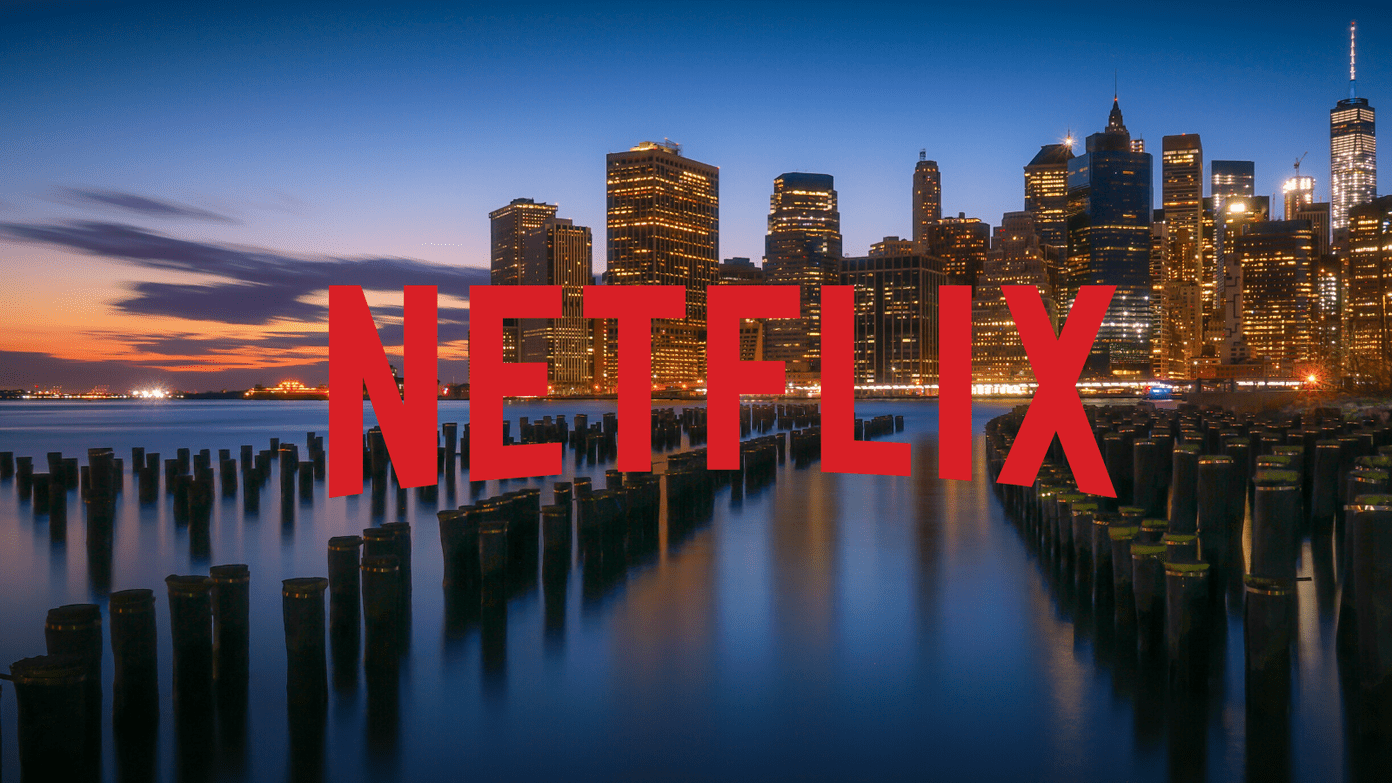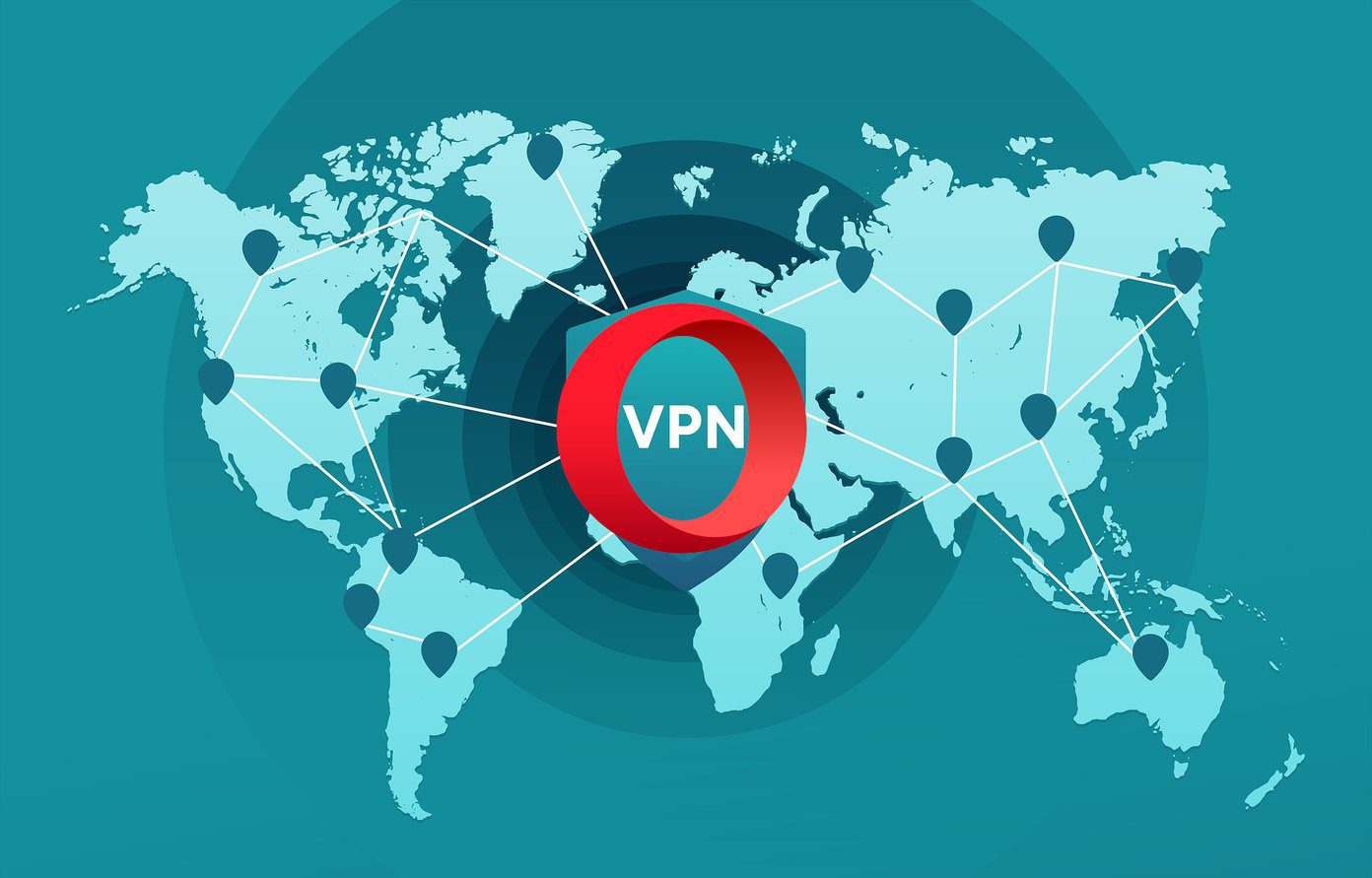In the past decade or so, several VPN service providers have sprung up and many are offering their services free of cost. And as is the nature of humans, we tend to lean more towards the free stuff. So, how safe are these free VPNs? Should you use a free VPN, especially at home? If so, which VPN services should you try? We are going to answer such questions in this post today. So, let’s get started.
There Are No Free Lunches
There are two types of free VPN services. One is where premium VPN offers their services for a limited time or gives you a no-frills access but with a limited data. And the other is where you get everything free so you won’t even bother reading the terms and conditions or the privacy policy carefully. It is this second type of service that we should be a tad wary of. While you may not be paying real money, you might inadvertently end up paying for it with your personally identifiable data — your age, date of birth, location, and so on. There have been instances where some VPN services keep logs of their user’s activities and other information and then sell them off to the highest bidder out there. However, all that defeats the purpose of using a VPN, as a majority of users treat it as an anonymity mask, and handful of them to access region-locked sites. Not to mention that most free VPNs bundle a horde of ads, and that ruins your browsing experience. One of the first things that you should look for in a VPN is the no-log policy. However, that’s not the only thing. A VPN service worth its salt should also bundle stronger data encryption and reliable VPN protocols, and also provide a healthy spread of servers across the world. The former ensures that a data payload is delivered safely, and the latter ensures that you get more options when you access content from around the world. In the world of VPNs, 256-bit AES encryption is considered standard. However, some VPN services offer less secure 128-bit AES encryption. More importantly, the speed of the VPN shouldn’t mar your browsing experience. If you have used a free VPN service before, you might already know that the load on the servers and the slower connection is a result of encryption and decryption.
The VPN Services That We Recommend
If you’re serious about your privacy and want to protect your personally identifiable data at all costs, there are a few great options. One of the best parts about these VPN services is the 30-day money-back guarantee if you are not satisfied with their service.
1. NordVPN
If you are paranoid about your privacy, NordVPN is the VPN service for you. It boasts of stronger encryption methods and also follows a strict no-logging policy. What sets it apart from the rest is that the company audits its apps regularly to identify and fix security issues. At the same time, the app is intuitive, and switching servers is simple. What makes the deal sweeter is the handy Pause button, which makes it easy to pause the VPN service as per your preference. The option to automatically reconnect to the server (in case of disconnection) turns out to be more useful than ever. Why we like it:
A huge network of servers, NordVPN has over 5,000 servers worldwide.256-bit AES encryption.Dedicated P2P servers.Good speeds, and no speed throttling.Up to 6 simultaneous device connections.No logging policy.30-day money-back guarantee.
A yearly plan of NordVPN will set you back by $6.99 per month, while a monthly plan will cost you around $11.95. Guiding Tech Exclusive: Get an exclusive 70% discount on a 3-year NordVPN plan effectively. Click on the button below to grab this exclusive deal. Get NordVPN
2. ExpressVPN
So, why should you get ExpressVPN? It is lauded as one of the best VPN services out there. It packages a diverse range of user-friendly features. Secondly, it guarantees privacy as well as the anonymity of the user. Also, it has a huge network of servers across the world. That means you can choose between servers in different regions to enjoy better browsing speeds and access geo-restricted content, like Netflix’s library for another region. It also promises ease of use even. However, you might have to go through a couple of steps to connect initially. Plus, switching from one server to another is a simple affair. Why we like it:
Over 3,000+ servers worldwide.Faster speeds.No logging policy.256-bit AES Encryption.Supports up to 5 simultaneous connections.Unblocks Netflix, Prime Video, Hulu, and BBC iPlayer.Intuitive apps available on Windows, macOS, iOS, and Android devices.Great customer support.
The plan starts at $12.95 per month and reduces to about $9.99 if you take a 6-month plan. There’s a 30-day money-back guarantee if you’re not satisfied with the service. Guiding Tech Exclusive: ExpressVPN offers a special discount where you can opt for a 15-month subscription and get billed for the first 12 months — three months usage free! That comes to about $6.67 a month, so don’t miss out. Click on the button below to grab this exclusive deal. Get ExpressVPN
3. ProtonVPN
What sets ProtonVPN from the rest is that it has a free plan if you want to give it a try before paying for it. Like its counterpart above, it’s safe and gives you the anonymity you want. If you must know, this service is from the same team behind ProtonMail. The free plan has a few caveats. For one, you can use it only on one device. Secondly, the speed is less compared to the paid plans, and there’s no P2P file sharing. These limitations are addressable when you upgrade to the paid plans. Why we like it:
Free plan trial before upgrading to paid plans.Over 800 servers worldwide.No logging policy.256-bit AES encryption and DNS leak prevention.Kill Switch and Always-on VPN.Great speed on the paid plans.
The ProtonVPN Basic plan costs $4 per month, and users can have up to two active connections. Note: You can save up to 34% with the two-year plan. Click the button below to get this exclusive deal. Get ProtonVPN
Safe and Secure Is the Way
If you are on a frills-free VPN service with no terms & conditions, you should make the jump to a more reliable and trusted name. The good thing about all the services is that you can opt for the free or basic trial to try out the service. Next up: Intrigued by Deep Web and Dark Web? If yes, check out the article below to understand the differences between the two. The above article may contain affiliate links which help support Guiding Tech. However, it does not affect our editorial integrity. The content remains unbiased and authentic.














